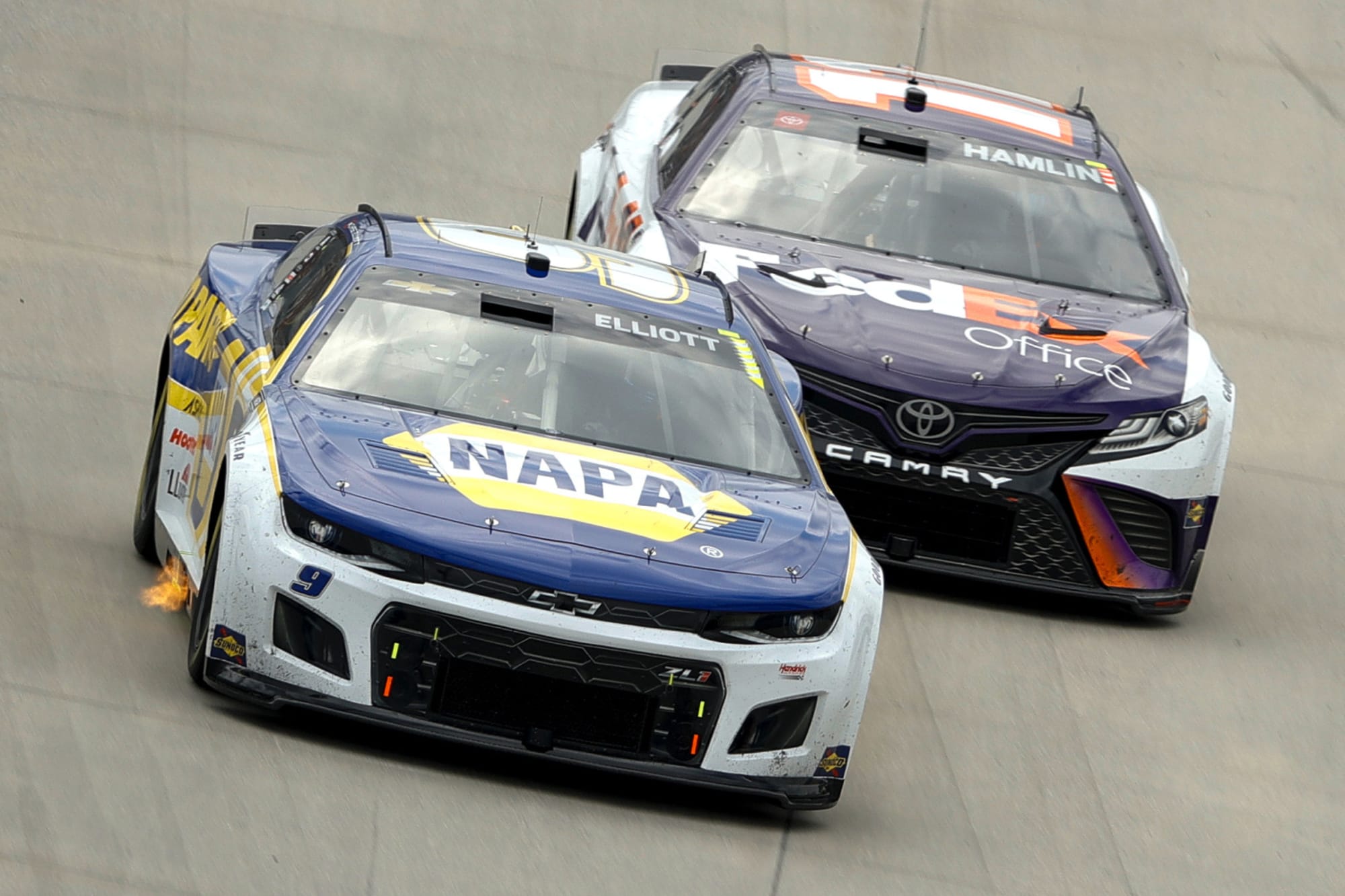
The idea of a “win and in” format is slowly but surely being questioned by NASCAR fans. The question is whether that will finally amount to anything.
The first seven races of the 2022 NASCAR Cup Series season, the opening season of the Gen 7 era, were won by different drivers. Two of the next three winners were repeat winners from those first seven races, but since then, two new winners have emerged.
As a result, 10 different drivers have found victory lane at some point in the first 12 races of the season, and nobody has won more than twice.
Team Penske’s Joey Logano became the latest new winner, winning Sunday’s Goodyear 400 at Darlington Raceway to end a 40-race win drought which had dated back to his win in the dirt race at Bristol Motor Speedway last March.
While it is still early in the regular season, the parity that 2022 has presented has caused some to wonder whether this will be the season that exposes the playoff format — and the falsehood that is the “win and in” concept.
The current playoff system has long been seen as having a “win and in” format, and while it has always played out that way, that is not guaranteed to be the case.
Think about it. There are 26 regular season races, and no matter how many winners there are, there are 16 playoff spots. Those spots go to the regular season points champion and then the 15 drivers who rank next highest in the wins category.
So to truly “lock in” on wins at this point in the year, one must win multiple races, as no driver with two or more wins can fall outside of the top 13 in the wins category.
Could this be the season that sees a winner miss the playoffs?
Notably, the 2021 season also saw 10 winners in the first 12 races, yet it didn’t really get close to a scenario in which any winners missed out. There were just three new (playoff eligible) winners over the course of the regular season’s final 14 events.
So just because the 2022 season has seen 10 drivers win at least once in 12 races doesn’t mean that this average pace of new winners emerging will continue. If it did, that would mean 21 or 22 different winners. While it’s technically possible, don’t bet on it.
However, it is well worth considering the fact that there are still eight drivers who won at least one race in 2021 but have not yet done so in 2022, including seven who won at least one regular season race.
Add either one of those two numbers to 10, and you do, in fact, get more than 16.
And keep this in mind moving forward: if more than 16 winners were to emerge by the time the regular season ends, the tiebreaker among the one-race winners to award the final playoff spots becomes points.
Technically, this is no different than the tiebreaker among non-winners, when there aren’t enough race winners to fill the postseason field.
Among the 10 winners so far this year, Hendrick Motorsports’ Chase Elliott leads the point standings as the overall leader. Joe Gibbs Racing’s Denny Hamlin sits in 10th place, and he sits down in a 22nd place tie overall.
This news is republished from another source. You can check the original article here


